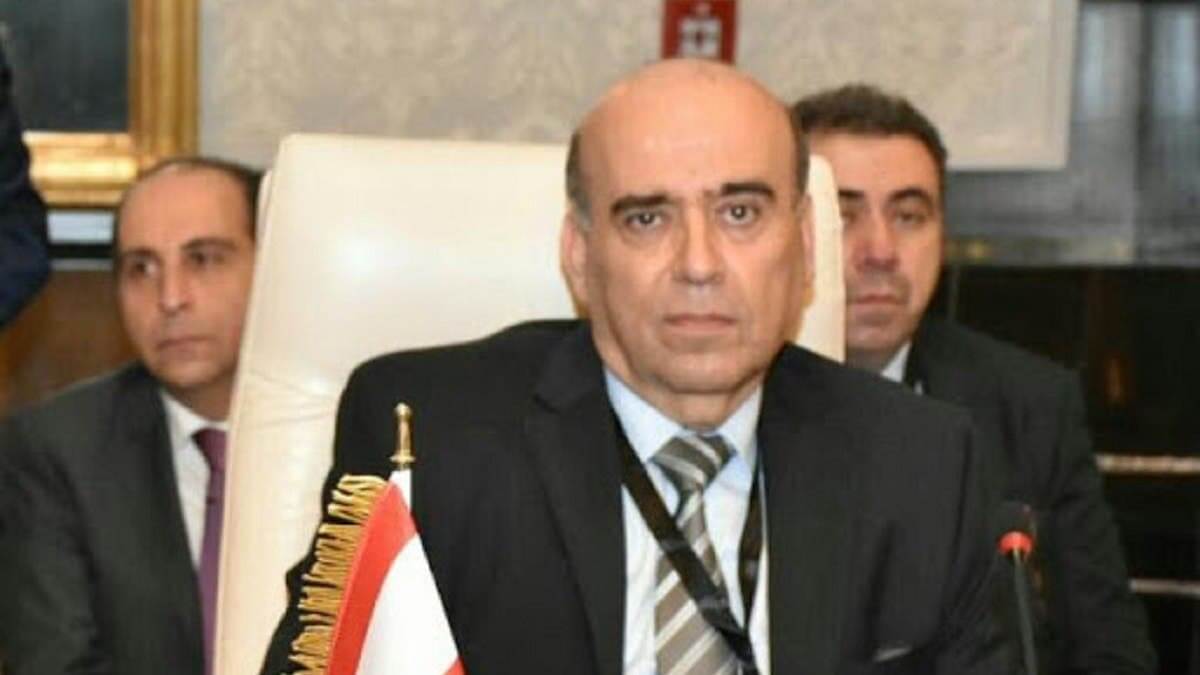On Tuesday, Saudi Arabia condemned Lebanese Foreign Minister (FM), Charbel Wehbe for his remarks accusing Gulf countries of being responsible for the rise of the Islamic State (IS). Wehbe’s comments created a major political storm among Gulf nations, with Saudi Arabia, Bahrain, Kuwait, and the United Arab Emirates (UAE) summoning their Lebanese ambassadors to protest the controversial statements.
Wehbe, in a debate on Lebanese news channel Alhurra, suggested that Gulf countries were responsible for bringing IS to the region. “Those countries of love, friendship, and fraternity, they brought us Islamic State,” he told Alhurra. When a Saudi commentator criticised Wehbe’s comments, the FM said that he would not tolerate being insulted by a “Bedouin,” a term he used derogatorily to insult the Saudi guest.
Shortly after, the Saudi Foreign Ministry issued a statement expressing “strong condemnation and denunciation of such disgraceful abuses against the Kingdom of Saudi Arabia, its people, and the GCC countries.” The text also said that Wehbe’s remarks were “incompatible with the simplest diplomatic norms” and against the historical relations shared between the “two brotherly peoples” of Lebanon and Saudi Arabia.
The Lebanese FM’s comments were denounced by other Gulf countries as well, including Bahrain, Kuwait, and the UAE. While Bahrain’s Foreign Ministry called the statements “reprehensible”, Kuwait characterised Wehbe’s remarks as “gravely abusive.” The UAE also “strongly decried the derogatory and racist statements” made by the diplomat.
Similarly, the Gulf Cooperation Council (GCC) expressed “rejection and disapproval” of the “outrageous insults” against GCC member states. The Secretary-General of the GCC, Nayef Al-Hajraf, further demanded that the Lebanese FM “make an official apology to the GCC member states and peoples, for the absolutely unacceptable insults he made.”
Lebanese President Michel Aoun was quick to dismiss his top diplomat’s remarks as his “personal opinion” and stressed that Wehbe’s comments were not reflective of Lebanon’s stance towards the Gulf countries. Aoun also added that Lebanon was keen on continuing the friendly relations between Lebanon and Gulf countries, and hoped that this incident would not come in the way of consolidating ties between both sides.
Wehbe’s remarks come as Lebanon is already facing a tense period in its ties with Saudi Arabia. Last month, Saudi Arabia announced a ban on fruit and vegetable imports from the country, saying that shipments were being used for smuggling drugs. Beirut has since urged Riyadh to reconsider its decision as it would severely hurt Lebanese farmers. Saudi Arabia and Gulf countries have also shown reluctance in offering aid to help Lebanon recover from its economic crisis over the growing influence of the Iran-backed Hezbollah militant group in the country.
Apart from international condemnation, there was also a public outcry within Lebanon over the FM’s statements, fearing a further strain in Lebanon’s ties with the Gulf. The Lebanese Foreign Ministry told Al Arabiya that Wehbe is expected to resign from his post this week.
Saudi Arabia Condemns Lebanese FM For Holding Gulf States Responsible for Rise of IS
Wehbe’s remarks come as Lebanon is already facing a tense period in its ties with Saudi Arabia.
May 19, 2021

Lebanese caretaker FM Charbel Wehbe SOURCE: AL ARABIYA
